
Last week, President John Mahama held a high-level meeting with major civil society organisations (CSOs) and stakeholders at Jubilee House to discuss lasting solutions for Ghana’s illegal mining crisis, popularly known as galamsey.
It was described by the presidency as a platform for “frank and constructive discussions” on the environmental and social toll of illegal mining.
This followed criticism by civil society and advocacy groups who believe the fight against illegal mining has waned – unlike the principled stance the then-NDC in opposition piled on the Akufo-Addo administration to rid the country of this menace.
During the discussions, President Mahama vowed to “locate galamsey kingpins and bring them to justice, since arresting and jailing illegal miners is counter-productive as they are financed and armed by ‘godfathers’”.
Indeed, a good number of the CSOs have criticised President John Dramani Mahama for his reluctance to declare a state of emergency in the fight against illegal mining, arguing that the menace has already become a national security threat.
Government’s approach to tackling illegal mining has been criticised, with many believing that the strategy has shown little or no tangible results. Dr. Samuel Ayeh, a presidential staffer, also holds the firm view that misinformation and false narratives are undermining government’s fight against illegal mining.
Eroding public trust and distorting government’s genuine efforts to end the menace appears to be the accusation from ever-vociferous CSOs – and their concerns appear to be well-placed.
The fact of the matter is that Managing Director-Ghana Water Company Limited (GWCL) Adam Mutawakilu has raised serious concerns about the deteriorating state of water-bodies in the Eastern, Western, and Central Regions, attributing the situation to illegal mining activities.
While some rivers have shown improvement in water quality, others continue to suffer from high levels of turbidity caused by galamsey operations.
Mr. Mutawakilu revealed that the Kwanyako Water Treatment Plant in Central Region is among the worst-affected facilities, forcing the company to take urgent steps in maintaining operations. Some water treatment plants have been forced to shut down due to high pollution levels while others have been successfully revived to sustain supply.
The question is: will a state of emergency, as advocated by some, solve the problem? Sober heads are required here and we should at least support measures being instituted to tackle this existential threat to our lives.
We believe this is what informed the presidency’s decision to engage frankly with all concerned about efforts to rid the country of the galamsey menace.
The post Editorial: Presidency holds frank and constructive discussions on galamsey appeared first on The Business & Financial Times.
Read Full Story
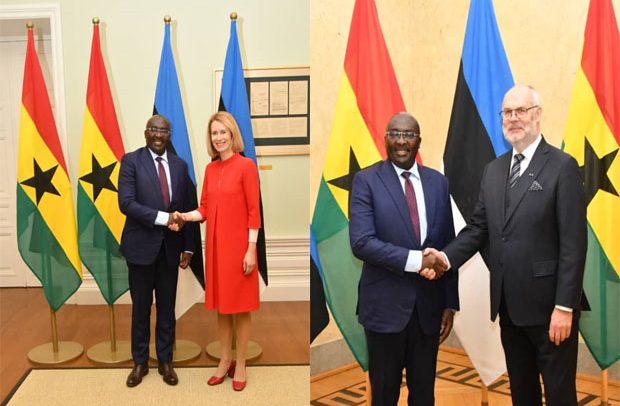
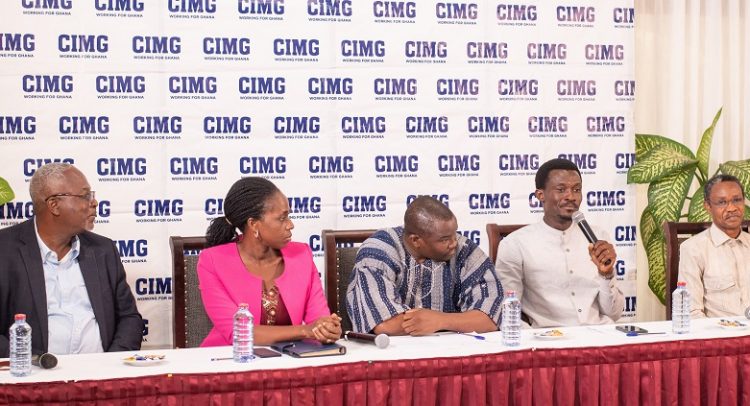
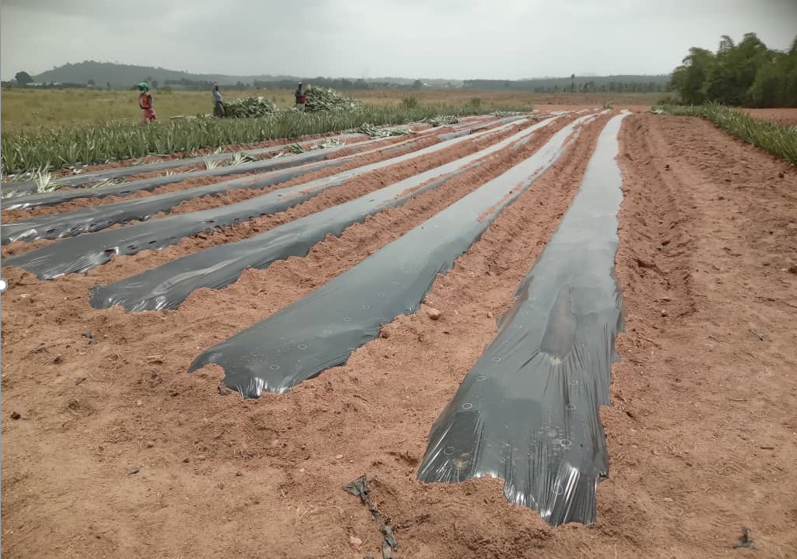
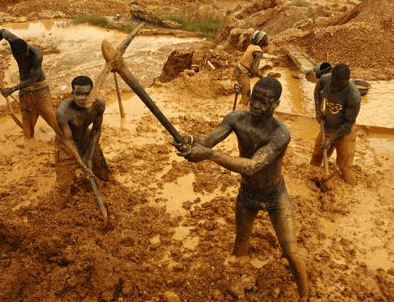

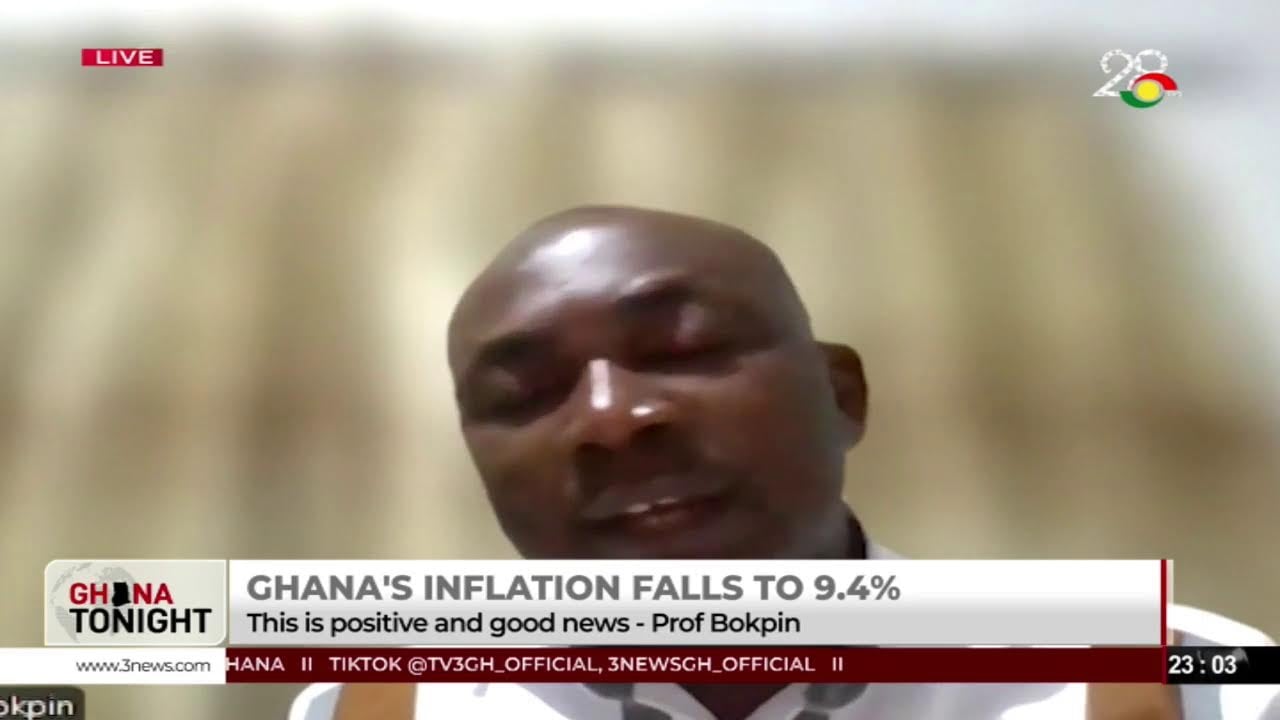
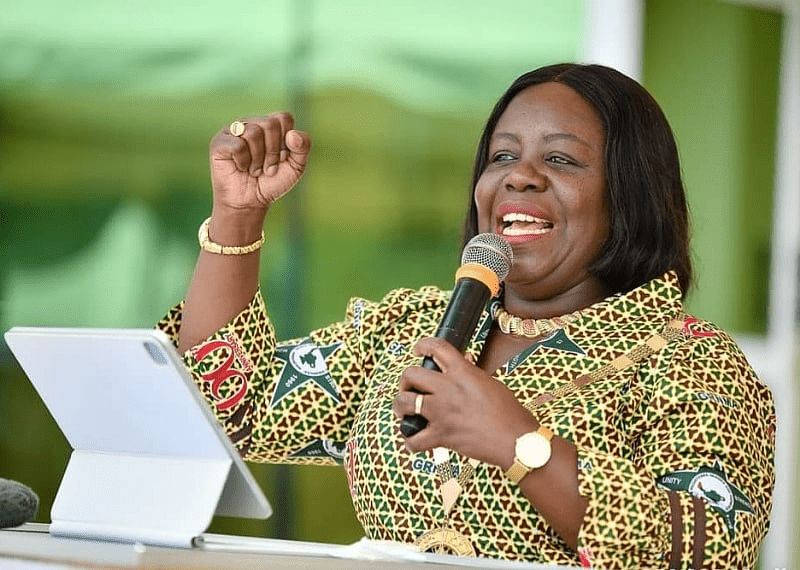

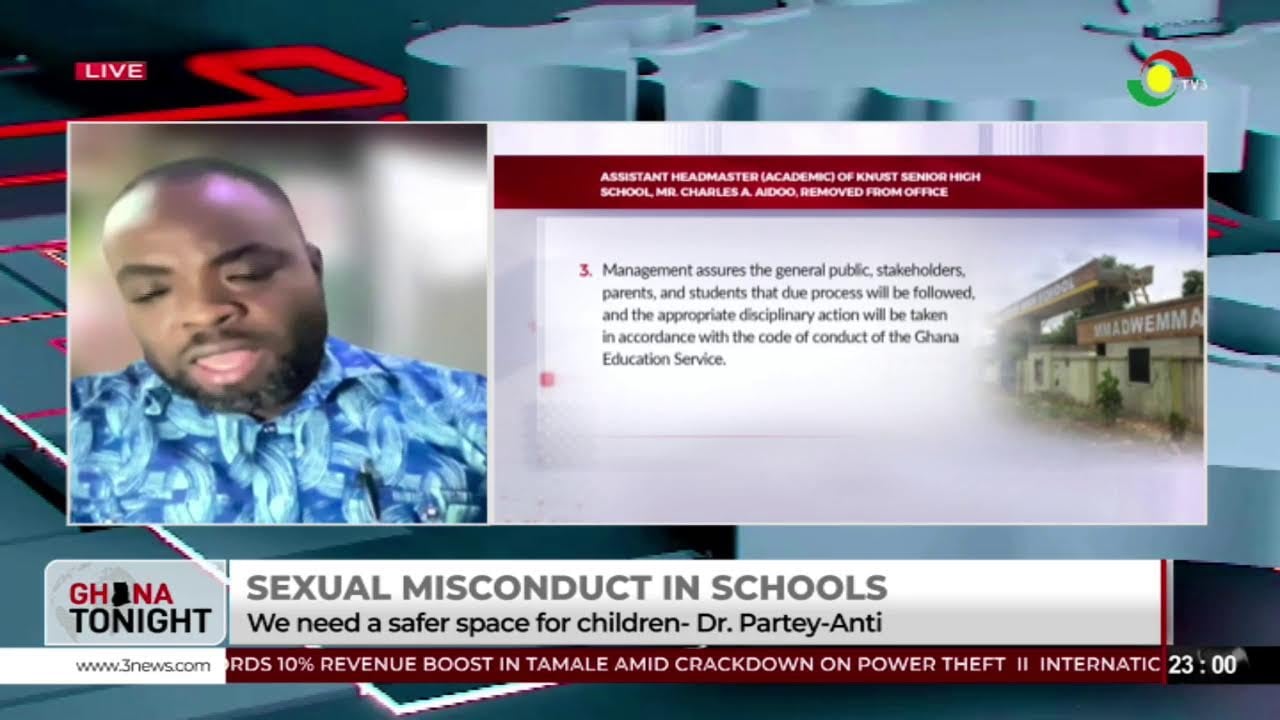




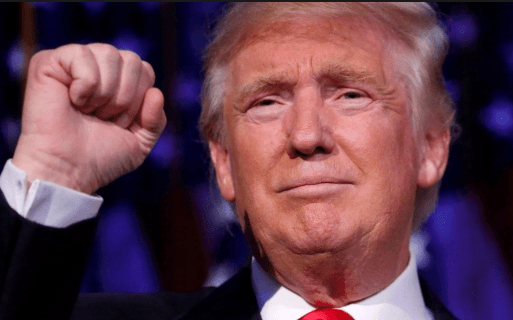


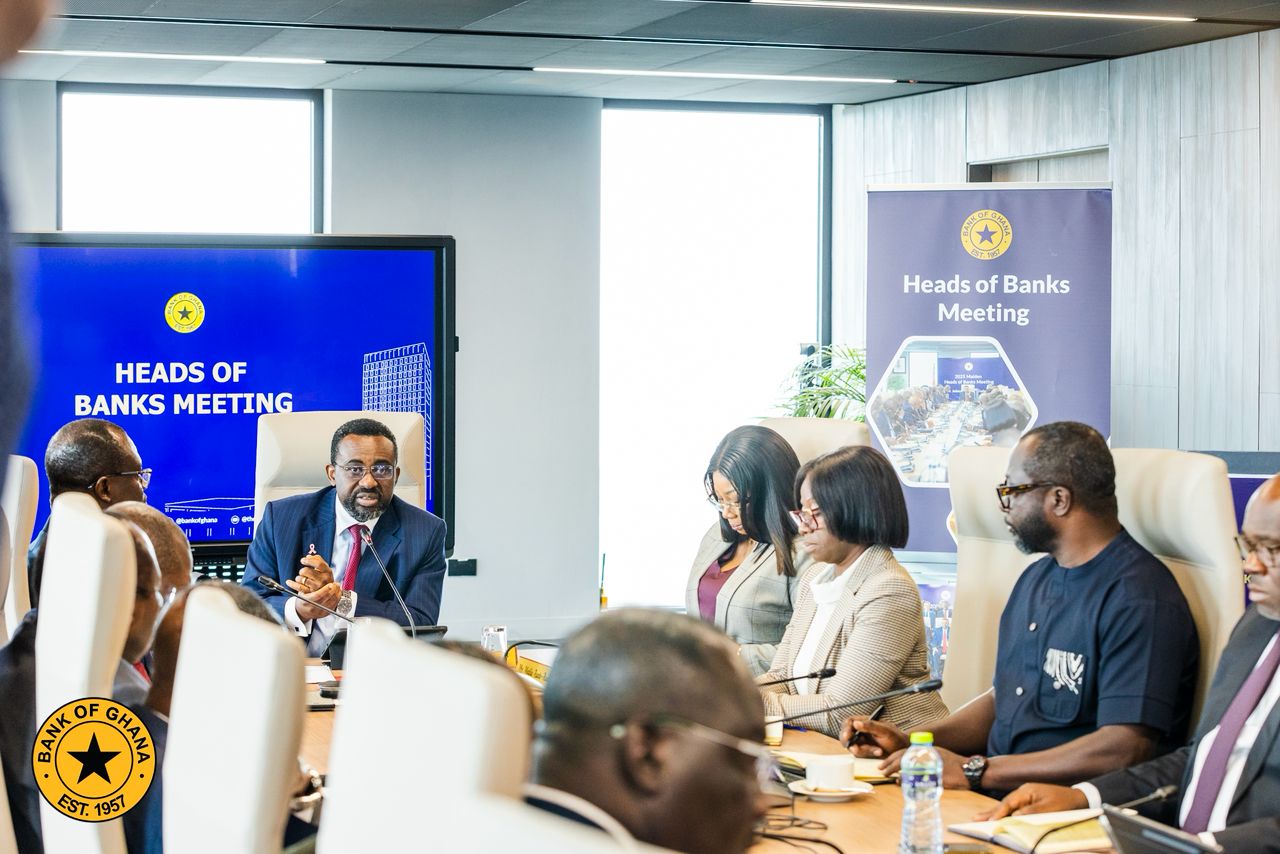
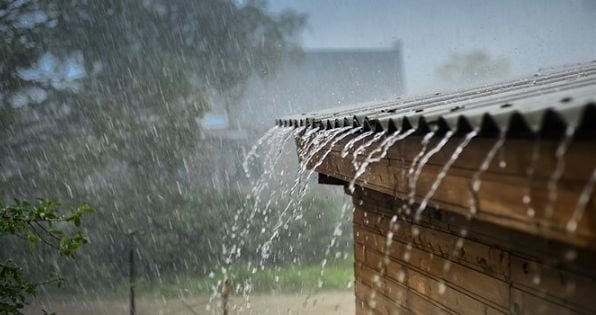


Facebook
Twitter
Pinterest
Instagram
Google+
YouTube
LinkedIn
RSS